Building Gender-Equal Cities in Tunisia: The Femmedina Project
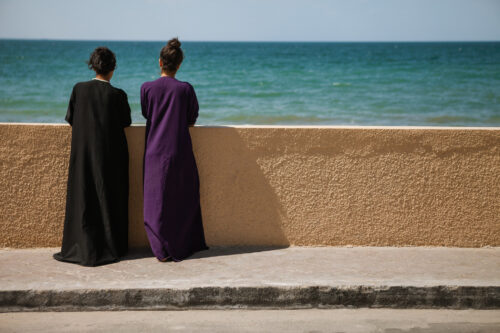
Urban Public Spaces: Why Gender Matters
Despite persistent global efforts to advance gender equality, women in cities around the world still encounter countless challenges that hinder their participation in city life. From public spaces to service provision, and from transportation to land management and housing, gender inequalities are built into our cities.
Public spaces are at the forefront of this dynamic. Urban public spaces can bring together communities and facilitate cultural expression, but these same spaces can also be unsafe for women and girls. Women and girls frequently experience harassment in urban spaces, and poorly lit spaces can increase their vulnerability to physical violence. This harmful dynamic affects the use and enjoyment of city spaces by half the population, and their exclusion from public spaces, in turn reinforces stereotypes related to gender, class, and unpaid labor.
The United States Agency for International Development (USAID) and Cities Alliance believe that by empowering women in the planning process, this harmful dynamic can be disrupted and ultimately eliminated. By investing in vibrant, well-lit, accessible public spaces we can increase women’s social and political participation by providing an equal opportunity for everyone to feel safe, to take part in community activities, and to raise their voice on the issues that matter to them.
Navigating Urban Spaces in Tunisia
In the Middle East and North Africa region, Tunisia is one of the most progressive countries with regards to women’s rights, having mobilized efforts to achieve gender equality since its independence in 1956. However, more than 60 years later, the country still has a long way to go to achieve gender equality. Patriarchal norms and constraints to broader political participation hinder the implementation of laws and regulations aimed at protecting women’s rights, exacerbating inequality by introducing additional obstacles for women’s effective participation in communal life.
In the Medina of Tunis — the historical district of the capital of Tunisia — women’s ability to actively participate in the day-to-day urban life of the community is hindered by restrictions on their ability to move freely through urban spaces. This restricted movement has a cascading effect on other aspects of their life, including hurdles to their safety and mobility broadly, and economic struggles. The Medina’s urban design and layout is mostly suitable for pedestrian access, with residents commuting and performing most of their daily activities by foot. Women report that streets are unsafe in the evening, and during weekends and holidays when the streets are empty and poorly lit. Women are often subjected to sexual harassment and theft when walking in the Medina.
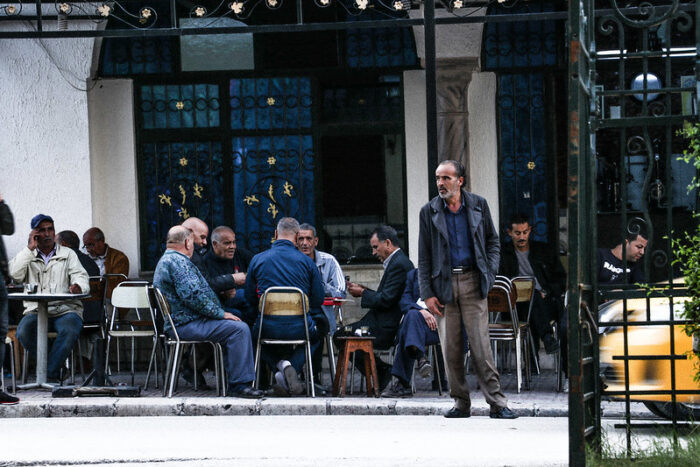
Salma, a resident of the Sidi El Bechir district, reflects on her experience. “I go out to the streets whenever I want. We all know each other here and no one would dare say a word to me,” she says. “But I wouldn’t go anywhere outside my neighborhood, where people don’t know me, at night.”
The city’s political, civic, and cultural life is dominated by men, including urban planning and citizen participation in the planning process. Though women are not absent from public life, the public spaces of the Medina are not always secure or welcoming for women, including a lack of services that meet women’s needs such as public toilets, green spaces, and cultural facilities.
Amna, a 15-year-old living in Hafsia, is frustrated by the options available to her and her peers to enjoy the city’s spaces. “The neighborhoods are suffocating. I don’t feel I want to go out because there is nothing appealing, neither the green spaces nor the spaces for fun and leisure,” she shares. “Honestly, I still want to live in the Medina but would love to have a small initiative for women, a club, for example, where women can gather in a nice open space to learn and share and enjoy their time.”
While some efforts have been made to revive the Medina through renovation and restoration, much remains to be done to make its spaces gender inclusive. Tunisia’s participatory planning mechanisms, adopted into the country’s constitution, coupled with Tunis’ first women mayor putting gender at the center of her mandate, provides a significant opening for the women of the Medina to make the city’s urban spaces their own. Making the city’s spaces gender inclusive depends on women’s involvement in participatory planning processes, as women hope to gain more power to influence urban plans and spatial interventions within their neighborhoods.
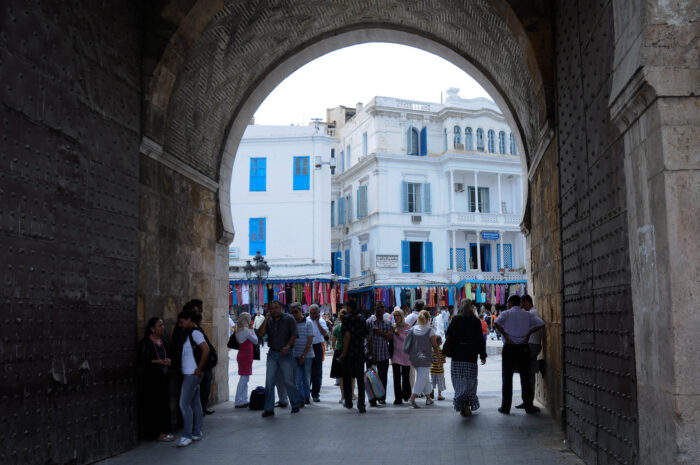
Gender-Inclusive City Planning
To empower women as participants in and architects of the Medina’s rehabilitated public spaces, Cities Alliance and the Municipality of Tunis are implementing Femmedina, an 18-month project funded by USAID. This initiative, which started in December 2020, employs a participatory, gender-sensitive approach to urban planning that supports women living in the area, including working with city leaders to improve participatory decision-making, urban revitalization, and activating public spaces in the historic center of Tunis through a broader process of women’s participation.
The Femmedina project includes three reinforcing phases:
- During the first phase, local experts and citizens living in the vicinity of the Medina have been engaged to identify interventions necessary to improve public space for women’s participation. Key information and data has been collected through interviews, workshops, and surveys, which helped to identify potential locations suitable for interventions and transformation.
- The second phase, launched this summer involves the implementation of small-scale refurbishment of public spaces to make them more inclusive of women’s needs, in particular in Medina Centrale, Bab Bhar, Bab Souika and Sidi El Bechir, 4 of the 15 districts of the Municipality of Tunis. The Municipality will lead the physical interventions that include, among others, a training center, public toilets, women-focused recreational gardens, and marketplaces for women artisans.
- In order to expand the impact of the Femmedina project across Tunisia and facilitate peer-to-peer learning and networking, the third phase will be a city-to-city exchange to share the approach and results of Femmedina’s Tunis activities with municipalities across the country.
We must rethink the way cities are planned and managed in a way that accounts for the different ways that women and men use and experience the city. Prioritizing and incorporating gender in the design process – and lifting the voices of women and girls – is key to building healthy, safe, secure, and thriving communities.
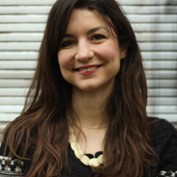
Giulia Maci is an Urban Specialist at the Cities Alliance (UNOPS), leading the Cities for Women Global Programme. She specializes in gender-sensitive city development, youth engagement and participatory city planning. She has work experience in more than 20 countries across Africa, Asia, Europe and Latin America, as a programme manager for multilateral development agencies, governments, consultancies, and NGOs.
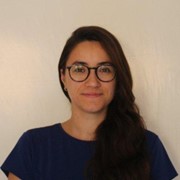
Giada Cicognola is Programme Analyst at Cities Alliance, where she supports the Cities for Women Global Programme. Prior to this, she has worked on gender equality and women’s empowerment in West Africa and the MENA Region.

